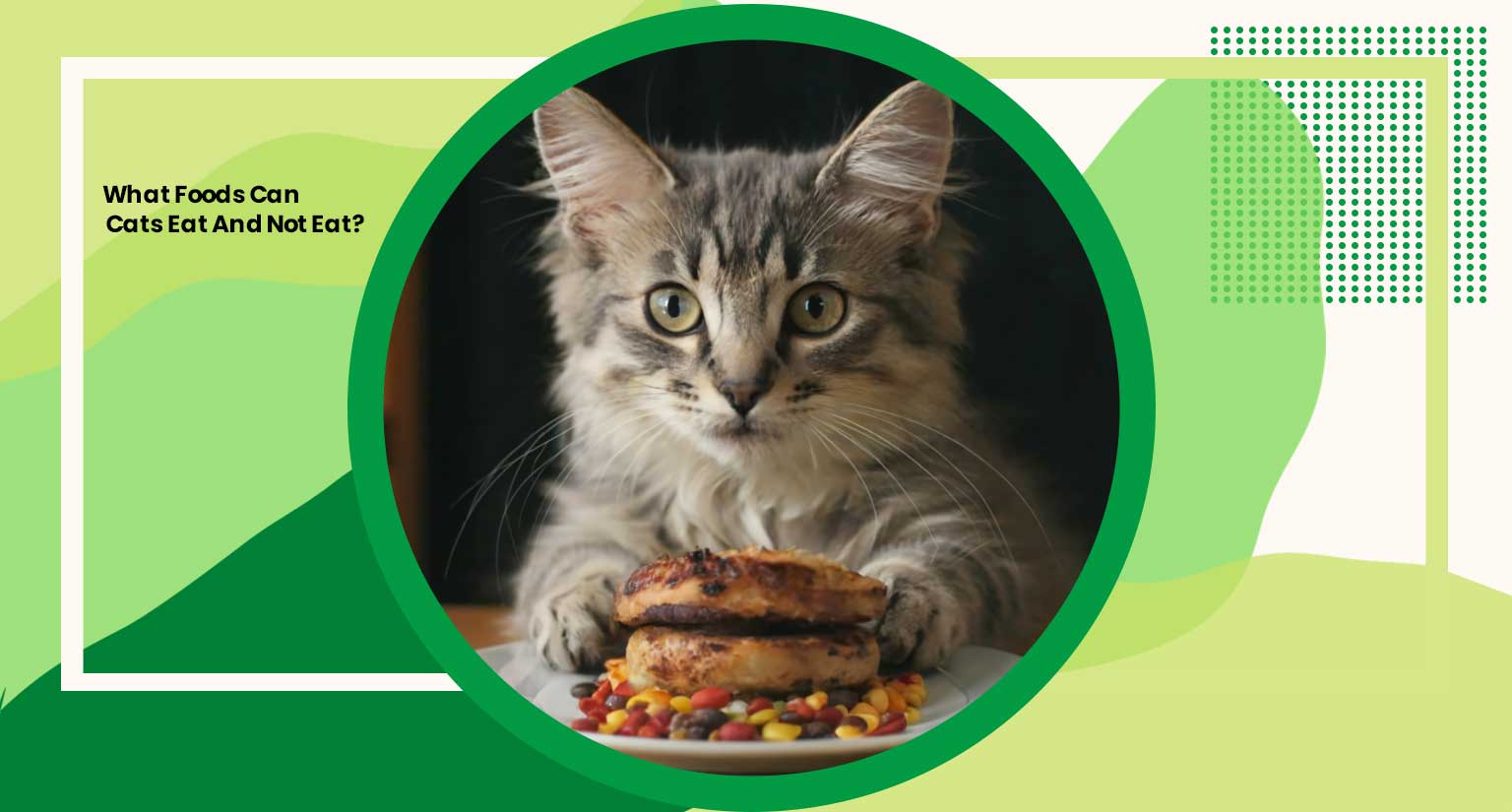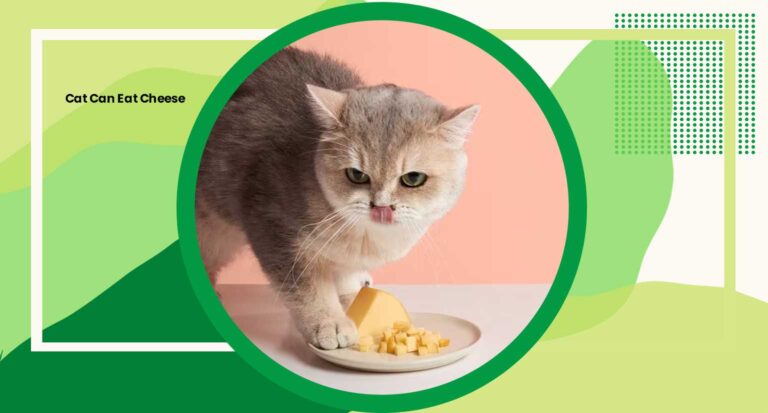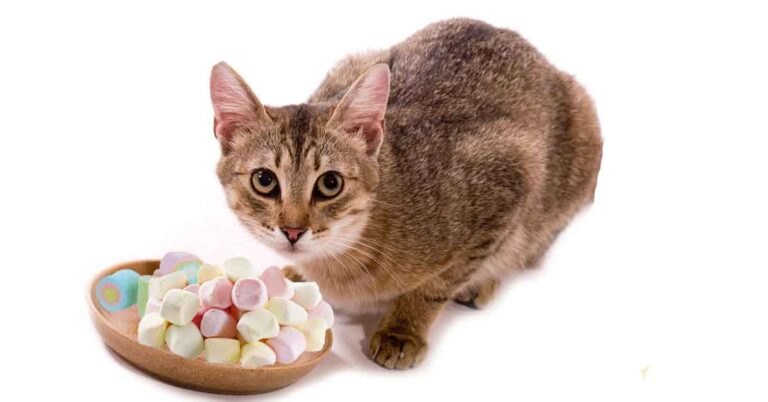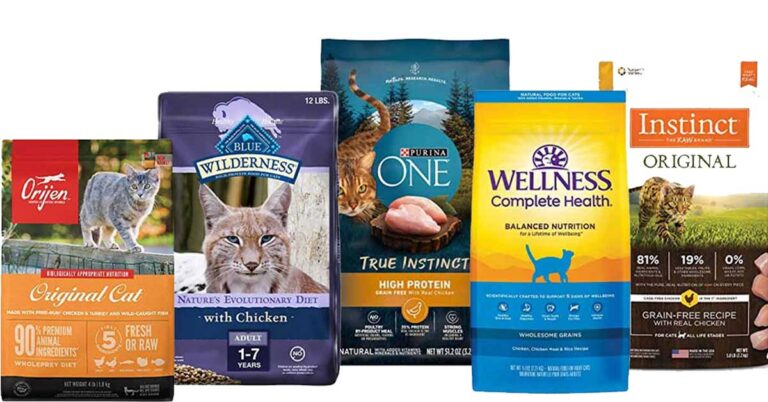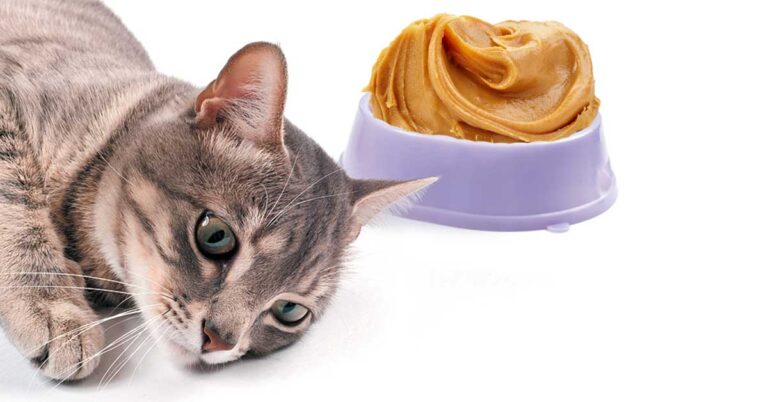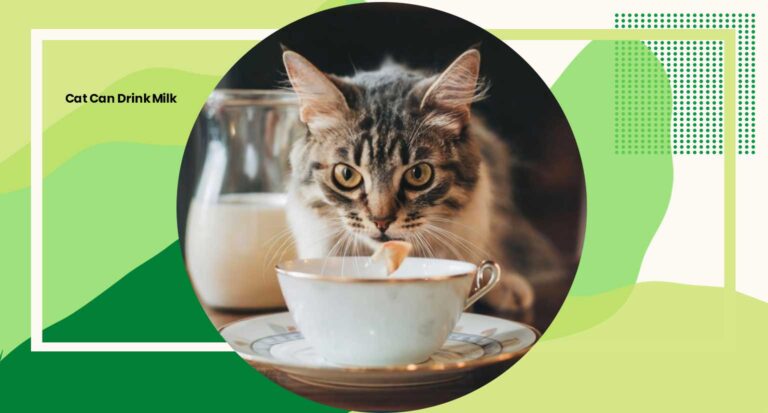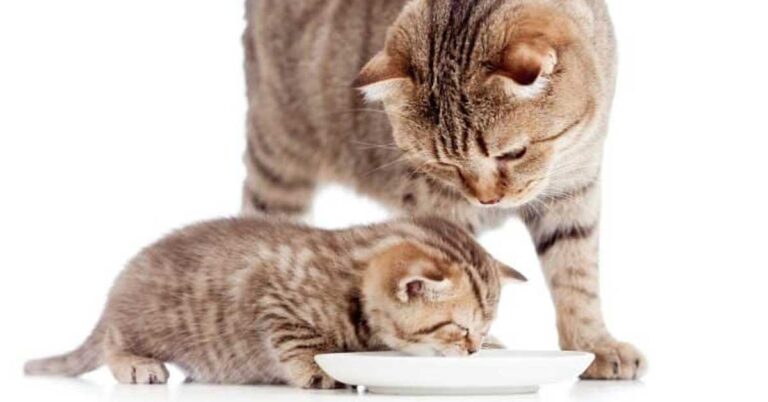What Foods Can Cats Eat And Not Eat? A Comprehensive Guide 2024
What Foods Can Cats Eat And Not Eat? Cats are beloved companions known for their discerning taste and independent nature. However, ensuring their dietary needs are met is paramount to their health and happiness. Understanding what foods can cats eat and not eat is crucial for responsible pet ownership.
In this, into the intricate world of feline nutrition, shedding light on safe and harmful foods for your furry friend. The dos and don’ts of feeding your cat for optimal well being.
What Foods Cats Can Not Eat?
While cats have discerning palates, there are several foods that should never be part of their diet due to potential toxicity or digestive issues. Here’s a detailed list of foods cats should not eat.
Chocolate and Caffeine
These contain compounds like theobromine and caffeine, which can be toxic to cats and lead to symptoms ranging from vomiting and diarrhea to seizures and even death.
Onions and Garlic
Members of the allium family, including onions, garlic and chives, can cause damage to a cat’s red blood cells, leading to anemia and other health complications.
Grapes and Raisins
Even in small quantities, grapes and raisins can cause kidney failure in cats, with symptoms such as vomiting, lethargy and decreased urination.
Dairy Products
Despite the common belief, many cats are lactose intolerant and cannot properly digest dairy products like milk. Consumption may result in gastrointestinal upset, including diarrhea and vomiting.
Bones and Raw Meat
Cooked bones can splinter and cause internal injuries or blockages in a cat’s digestive tract. Additionally, raw meat may contain harmful bacteria like Salmonella or E. coli, posing health risks to cats and humans alike.
Alcohol
Even small amounts of alcohol can have serious consequences for cats, including intoxication, respiratory distress, coma and death.
Xylitol
This artificial sweetener, commonly found in sugar free gum, candy and some peanut butter brands, can cause a rapid release of insulin in cats, leading to hypoglycemia and liver failure.
High Fat Foods
Foods high in fat, such as fried foods and fatty meats, can cause pancreatitis in cats, resulting in severe abdominal pain, vomiting and diarrhea.
It’s essential to be vigilant about what your cat has access to and ensure they are kept away from harmful foods. If you suspect your cat has ingested something toxic, contact your veterinarian or an emergency animal clinic immediately for guidance and treatment. Prevention is key to keeping your feline companion safe and healthy.
What Foods Can Cats Eat?
Cats, as obligate carnivores, thrive on diets rich in protein and essential nutrients. Here’s a detailed look at the foods that are safe and beneficial for cats to eat.
High Quality Cat Food
Choose cat foods that are specifically formulated to meet feline nutritional needs. Look for options with real meat as the primary ingredient and balanced levels of protein, fat and carbohydrates.
Lean Protein Sources
Cooked poultry such as chicken or turkey, lean cuts of beef and fish like salmon or tuna provide cats with essential amino acids for muscle growth and maintenance.
Canned Cat Food
Canned cat food often contains higher moisture content, which can help keep cats hydrated and support urinary tract health. Opt for varieties without added sugars or fillers.
Taurine Rich Foods
Taurine is an essential amino acid for cats’ heart and eye health. Ensure your cat’s diet includes sources of taurine such as meat, fish and commercial cat food.
Whole Grains
While cats primarily need protein, small amounts of whole grains like rice or oats can provide fiber and energy. These grains should be cooked and served plain without added spices or seasoning.
Vegetables
Some cats may enjoy small portions of cooked vegetables like carrots, peas or green beans as occasional treats. However, vegetables should not be a significant component of their diet.
Cat Grass
Offering cat grass or catnip can provide enrichment and aid in digestion by promoting healthy regurgitation of hairballs.
Water
Adequate hydration is crucial for cats’ overall health and well being. Ensure your cat has access to fresh, clean water at all times.
By providing a balanced diet consisting of these foods, you can help support your cat’s health and longevity. Remember to consult with your veterinarian for personalized dietary recommendations based on your cat’s age, weight and any specific health concerns.
Which Food Cats Hate?
Cats, known for their particular tastes and discerning palates, can indeed show aversions to certain foods. While individual preferences vary among cats, there are some foods that many cats commonly dislike or may even find harmful. Here’s a detailed look at some foods that cats typically dislike or should avoid.
Citrus Fruits
Cats generally dislike the strong scent of citrus fruits like oranges, lemons and grapefruits. These fruits contain compounds that cats find unpleasant and the scent alone may deter them from approaching or consuming these foods.
Spicy Foods
Cats have sensitive taste buds and may find spicy foods overwhelming and unpleasant. Avoid feeding cats spicy foods like chili peppers, hot sauces or heavily seasoned dishes, as they can cause gastrointestinal upset and discomfort.
Bitter Foods
Cats tend to avoid foods with bitter tastes. Substances like bitter apple spray, commonly used to deter cats from chewing on household items, reflect this aversion to bitterness.
Raw Onions and Garlic
Onions and garlic contain compounds that can be harmful to cats, leading to gastrointestinal irritation and potential damage to red blood cells. Cats typically avoid the strong odor and taste of these ingredients.
Sour Dairy Products
While some cats may enjoy dairy products in small quantities, sour dairy products like spoiled milk or yogurt may be unappealing to them due to the sour taste and potential digestive upset they can cause.
Alcoholic Beverages
Cats should never consume alcoholic beverages, as even small amounts can be toxic and lead to alcohol poisoning. The scent of alcohol alone may repel cats.
Salty Foods
Cats have low tolerance for sodium and excessively salty foods can lead to dehydration and electrolyte imbalances. They may avoid foods that are too salty.
Moldy or Spoiled Foods
Cats have a keen sense of smell and can detect when food has gone bad. They typically avoid foods with off putting odors, including those that are moldy, spoiled or rancid. It’s important to note that while cats may show aversions to certain foods, individual preferences can vary.
Additionally, some foods that cats dislike may also be harmful to their health. As responsible pet owners, it’s crucial to provide cats with a balanced diet consisting of foods that are safe, nutritious and appealing to them. If you’re unsure about what foods are suitable for your cat, consult with your veterinarian for personalized dietary recommendations.
Conclusion
In conclusion, understanding what foods cats can eat and not eat is paramount for their health and well being. By prioritizing a diet rich in high quality protein, essential nutrients and moisture, cat owners can ensure their feline companions thrive. Avoiding harmful foods such as chocolate, onions and alcohol is crucial to prevent potential health complications.
Remember, cats have unique dietary needs and preferences, so consulting with a veterinarian for personalized guidance is key. With a balanced and cat friendly diet, pet owners can foster a happy, healthy life for their beloved feline friends.

